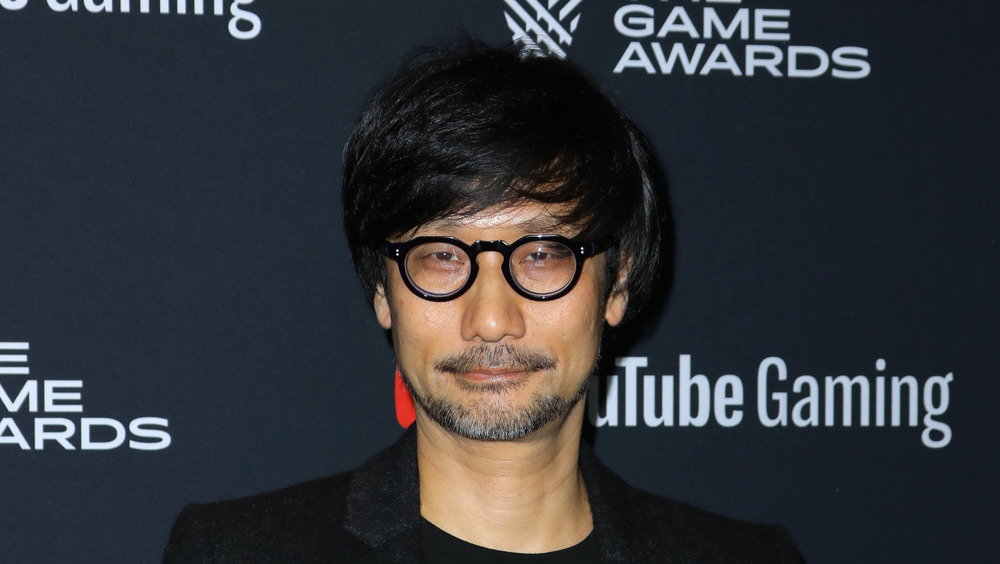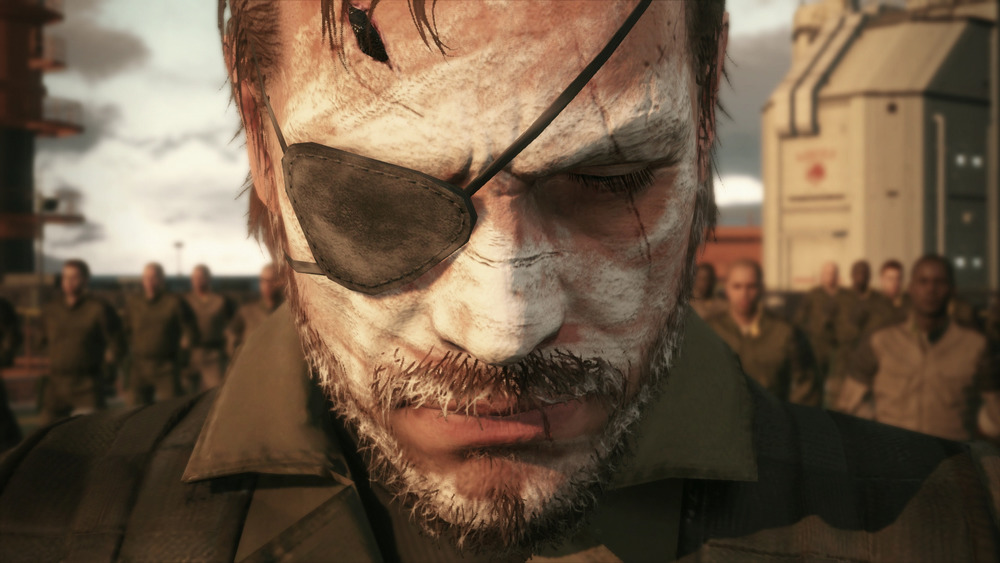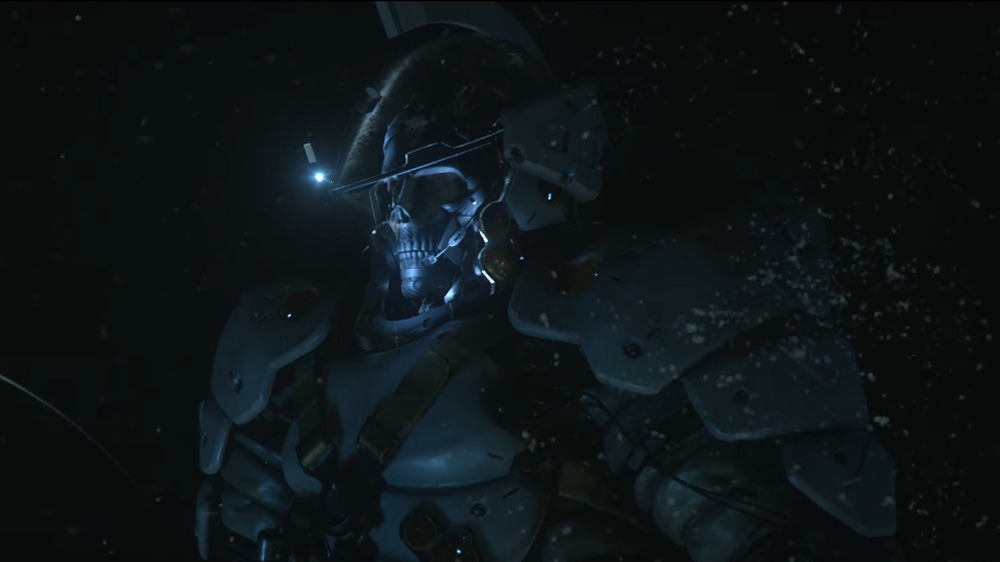Why The Breakup Between Konami And Kojima Was Worse Than You Thought
It's always sad to see a prominent face of the video game industry leave a studio. Usually, they were an instrumental factor that made the company a household name, and their departure leaves a large hole in the studio's talent. This was the case when Casey Hudson and Mark Darrah left BioWare, as well as when Hideo Kojima quit Konami. But while many departures are amicable, such as with Hudson and Darrah, Kojima's was the opposite.
In the days running up to Kojima's departure (and after it as well), Konami scrubbed Kojima's name from his baby, Metal Gear Solid. All mention of his involvement was removed from Metal Gear Solid 5 and its marketing, and everyone who tuned in to The Game Awards 2015 found out Konami actively blocked him from attending.
As outrageous as these moves sound, they're tame compared to everything else Kojima endured at the hands of Konami. The wounds caused by the divorce go far deeper.
From corporate restructuring to corporate backstabbing
Essentially, the split between Kojima and Konami was the result of clashing ideologies. Kojima, a visionary perfectionist who ignores the business side of development, versus Konami, a regimented company that shifted its focus to mobile games and maximizing profits. While much of the clash remains a mystery, all that's known for sure is Konami destroyed its own reputation almost overnight.
Thanks to Kojima and whistleblowers, the gaming world learned Konami's secret: it treats its employees like prisoners. The company uses cameras to monitor worker movement, reassigns experienced developers to menial and janitorial labor, and hawks employee social media accounts. That's just how the company treats normal working joes. Konami placed even harsher restrictions on Kojima and his staff.
At first, punishment started small with a corporate restructuring and a new executive board that did not include Kojima, and it went downhill from there. Developers under Kojima were demoted from full-time staff to contractors with limited access to Konami's internet, email servers, and telephones. And Kojima was isolated from his team for six months in a different room on a different floor. He wasn't even allowed to talk to them directly. Instead, he had to engage in phone tag.
The end wasn't the end
Normally, when the average employee leaves a company, they are given a pat on the back and a letter of recommendation. When the average employee leaves Konami, the company files complaints to organizations that hire them, effectively blacklisting them and giving them the label "ex-Kons" (no, seriously). Imagine how bad it was for Kojima, a man Konami seemingly bore a grudge towards.
Even before the Kojima/Konami divorce was finalized, Konami planned a future without him. Before Kojima was out the door, Konami started producing a new Metal Gear game. After Kojima actually left and was asked about the project, he bluntly told reporters he had nothing to do with it. Konami's reaction was to send him a letter asking him to stop "unfairly discrediting the company."
While Kojima sidestepped the Konami-enforced game studio blacklist by creating his own company, Konami still managed to harm his employees. A Kojima Productions executive reportedly tried to get health insurance for company employees through ITS Kenpo, which specializes in health insurance for game industry and internet workers. The application was denied because ITS Kenpo's chairman serves double duty as a director at Konami. Yes, Konami's roots are buried that deep.
It's no wonder Guillermo del Toro once said, "F**K KONAMI."



